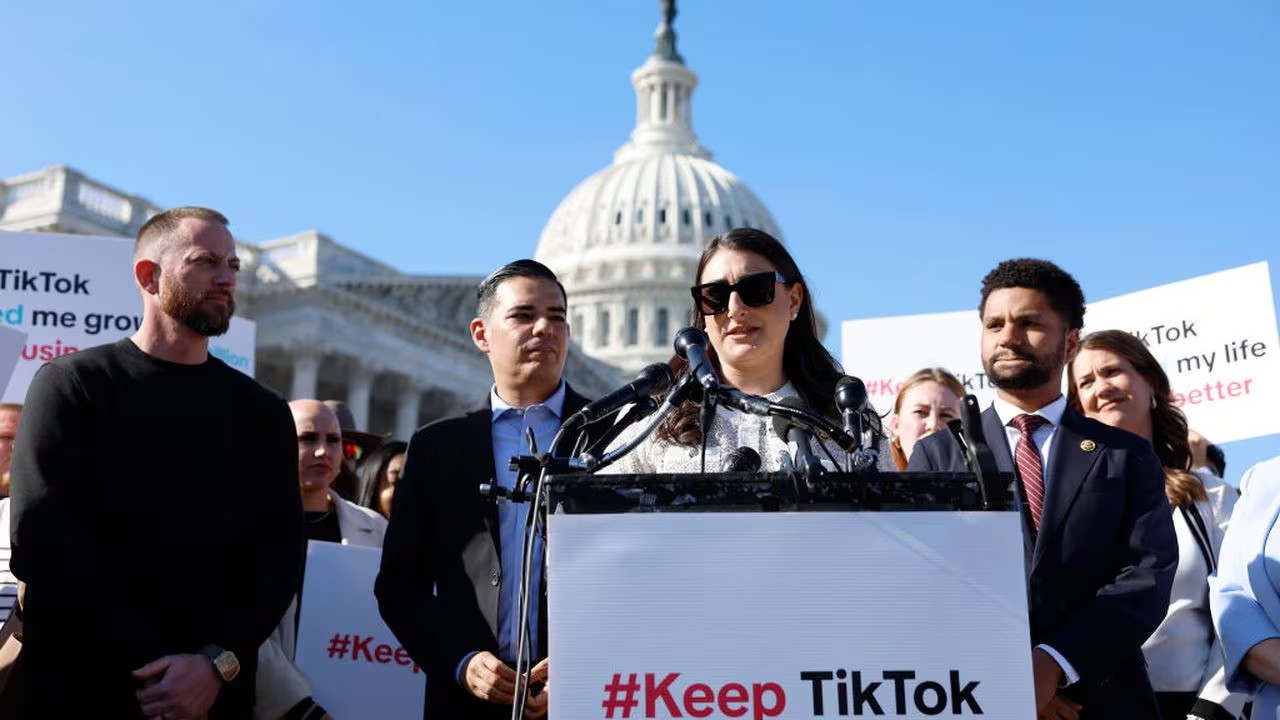Social networks have become one of the most important drivers of news and information among users, as Internet users have the ability to see what is happening almost instantly. But Fake News is also circulating, something that has promoted the theory of lies in social networks, a conspiracy-type one that has turned the world upside down.
The preliminaries of lies in social networks
90% of the users of social networks such as Twitter, Facebook or Youtube have been exposed to fake news. Some believe them, others quickly discard them, but it is certain that users read them and give them the gift of their browsing time, i.e. audience according to the basic concepts.
These social media lies are of different types, but the safe topics are: Politics, urban legends, natural disasters, business, terrorism and war, Science and Technology, and Entertainment. The topics are very varied and help to reach different audiences, with different reading, intelligence and age levels.
From here on, users, journalists and various media outlets have given certain ”utilities” to fake news or lies. From the political support to some force, to the simple call of attention, social networks are flooded with these news that generate interest in various uninformed users.
But the so-called theory of lies in social networks wants to give a new twist to the understanding of these, and this is what it consists of:
What is the theory of lies in social networks?
Several Internet users and conspiracists have helped to form it, so it is not the idea of a specific person. The argument has been built little by little, and mentions that in reality the social networks themselves generate them to increase their traffic and increase the number of people who register to the social networks, since this way they increase the money earned.
The main argument of this theory is the following: Fake news and post lies are shared 70% more than real news. This causes these posts to reach many more people than the real information, causing more users to be exposed to advertising and paid pages.
In addition, this generates 7 times more traffic to the moment where the news was published, since many people start a debate within the original posts, generating more and more posts per minute. This leads to the same result: more money for platforms such as Twitter, Facebook or Youtube.
This makes those political or social control theories of fake news less important, although in reality there is no compelling argument for this claim.
This is everything related to the theory of lies in social networks, which has been surfing the most important forums of the network. Although its main arguments do not sound far-fetched or a lie, it is true that for some people it may turn out to be very ”basic”.
Image courtesy of ixoustar.com, all rights reserved.




